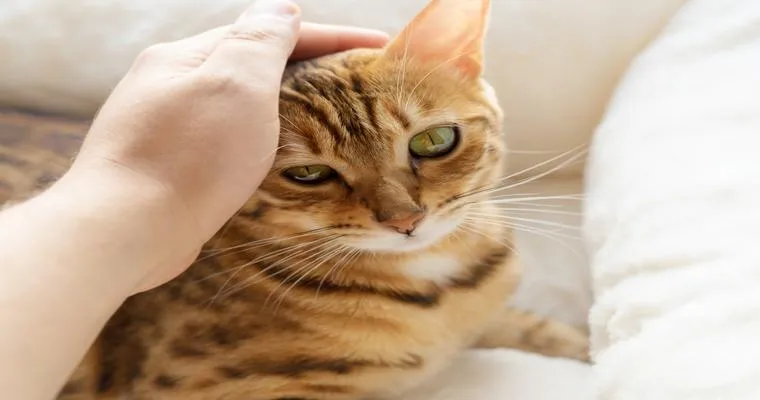As we age, companionship becomes increasingly important for emotional and physical well-being. A "visiting pet program" can offer seniors not only the joy of interacting with animals but also numerous health benefits. These programs bring trained therapy animals to senior living communities, providing an avenue for social interaction and enhancing the quality of life. The unique bond between seniors and pets can alleviate feelings of loneliness, promote mental stimulation, and encourage physical activity.
One of the most significant advantages of a "visiting pet program" is the emotional support it provides. Many seniors experience feelings of isolation, particularly if they have lost loved ones or are unable to engage in social activities. The presence of friendly animals can create a warm and inviting atmosphere, encouraging residents to interact with one another. This interaction can lead to the formation of new friendships and a sense of community.
Additionally, interacting with pets has been shown to reduce stress and anxiety levels. When seniors pet or cuddle with animals, their bodies release oxytocin, a hormone associated with bonding and stress relief. This can be particularly beneficial for seniors dealing with mental health issues such as depression or anxiety. The simple act of petting a dog or cat can bring about feelings of calmness and happiness, making the "visiting pet program" an essential part of senior care.
Physical activity is another crucial aspect of health for seniors, and a "visiting pet program" can encourage movement in a fun and engaging way. Whether it’s taking a dog for a short walk or playing with a cat, these activities can help seniors stay active without the pressure of a structured exercise routine. Regular physical activity can improve mobility, balance, and overall physical health, reducing the risk of falls and injuries.
Moreover, the presence of animals can stimulate cognitive function. Engaging with pets can prompt seniors to reminisce about their own experiences with animals, sparking memories and stories that they may not have shared otherwise. This cognitive engagement is vital for maintaining mental acuity and can be particularly beneficial for seniors experiencing cognitive decline.
Visiting pet programs are also beneficial for the animals involved. Many therapy animals thrive on the attention and affection they receive from seniors. These programs allow the animals to fulfill their purpose in a loving and supportive environment, creating a mutually beneficial relationship.
In conclusion, a "visiting pet program" is a perfect addition to any senior living community. The emotional, physical, and cognitive benefits that come from interacting with therapy animals can significantly enhance the quality of life for seniors. By fostering companionship, reducing stress, promoting physical activity, and stimulating cognitive function, these programs play a crucial role in ensuring that seniors lead fulfilling and happy lives. Embracing the joy that pets bring can ultimately create a nurturing environment where both seniors and animals thrive.





